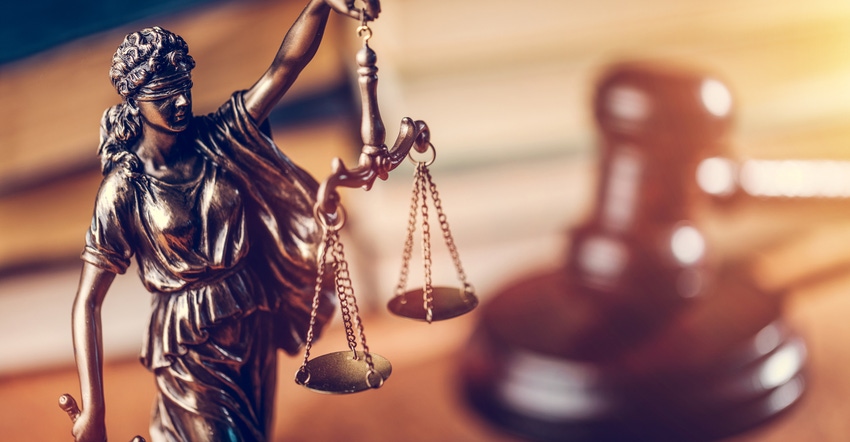January 30, 2020

Our 4-H club took a field trip a few weeks ago to the county courthouse, of all places. It was my husband’s idea. Having put in a year or so on the county board, he figured they could stand to learn more about what county clerks, treasurers, judges, sheriffs and more do.
Did we ever.
We started off in the assessor’s office, talking elections with the county clerk, taxes with the treasurer and legal dockets with the circuit clerk. Then we met the judge.
We sat up a little straighter in his courtroom, hats off please, and we rose when he entered. He then proceeded to lay down some wisdom that I can only hope went deep in those young ears.
He gestured around the courtroom and told the kids we wouldn’t even need courtrooms like this if everyone followed the golden rule: Treat other people the way you want to be treated. Coming from his lips, you could tell it wasn’t a cliché; it spoke to everything he’d seen from every defendant. Every victim. Every affected family.
It was as simple and as complicated as that, he said, sounding a little like everyone’s favorite grandpa — kindly but just as quick to lay down the law, the one you’d sooner die than disappoint. Treat people the way you want to be treated.
Then he spoke of what it was like to sentence a person to prison, as he’d just done for a man with a seven-year sentence. It’s heavy and hard to take away someone’s freedom. To take away their liberty. But when someone commits an egregious crime, our law demands it. The convicted criminal said goodbye to his family and was led to prison.
After he spent some time answering our questions, he paused to tell the kids one more thing.
He told us this: Someday we’ll all be gone. This world will pass away. People will forget us. They’ll forget what we did. But they’ll remember how we treated them.
That’s our legacy. How we treat other people.
And if we do it well? Well, that’s a pretty good legacy.
Comments? Email [email protected].
You May Also Like




